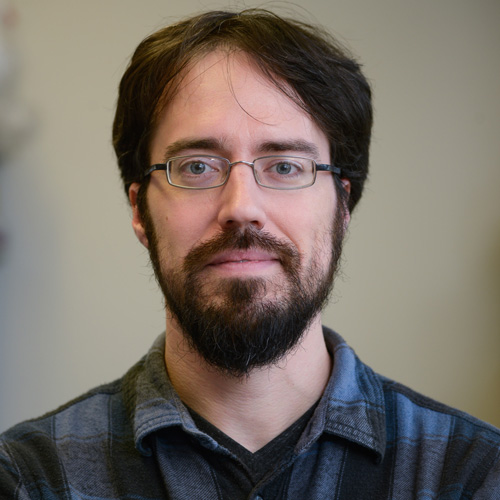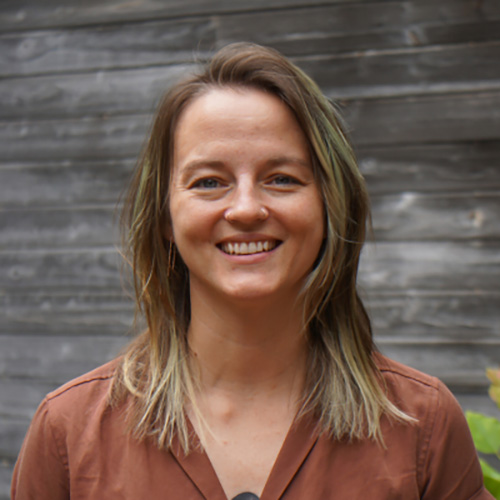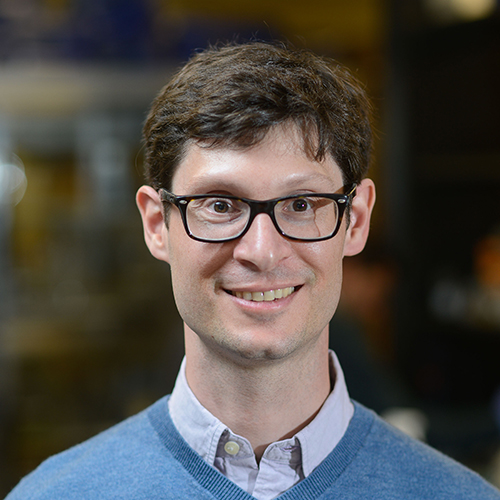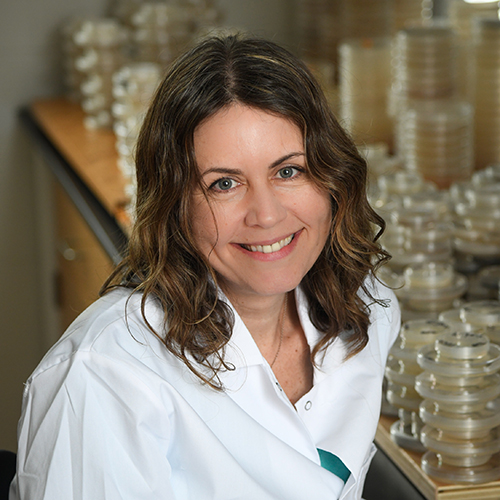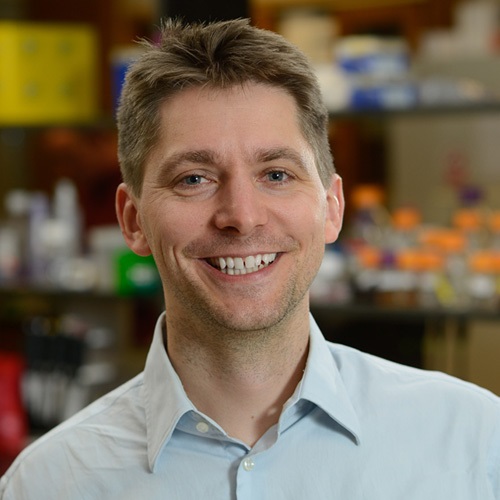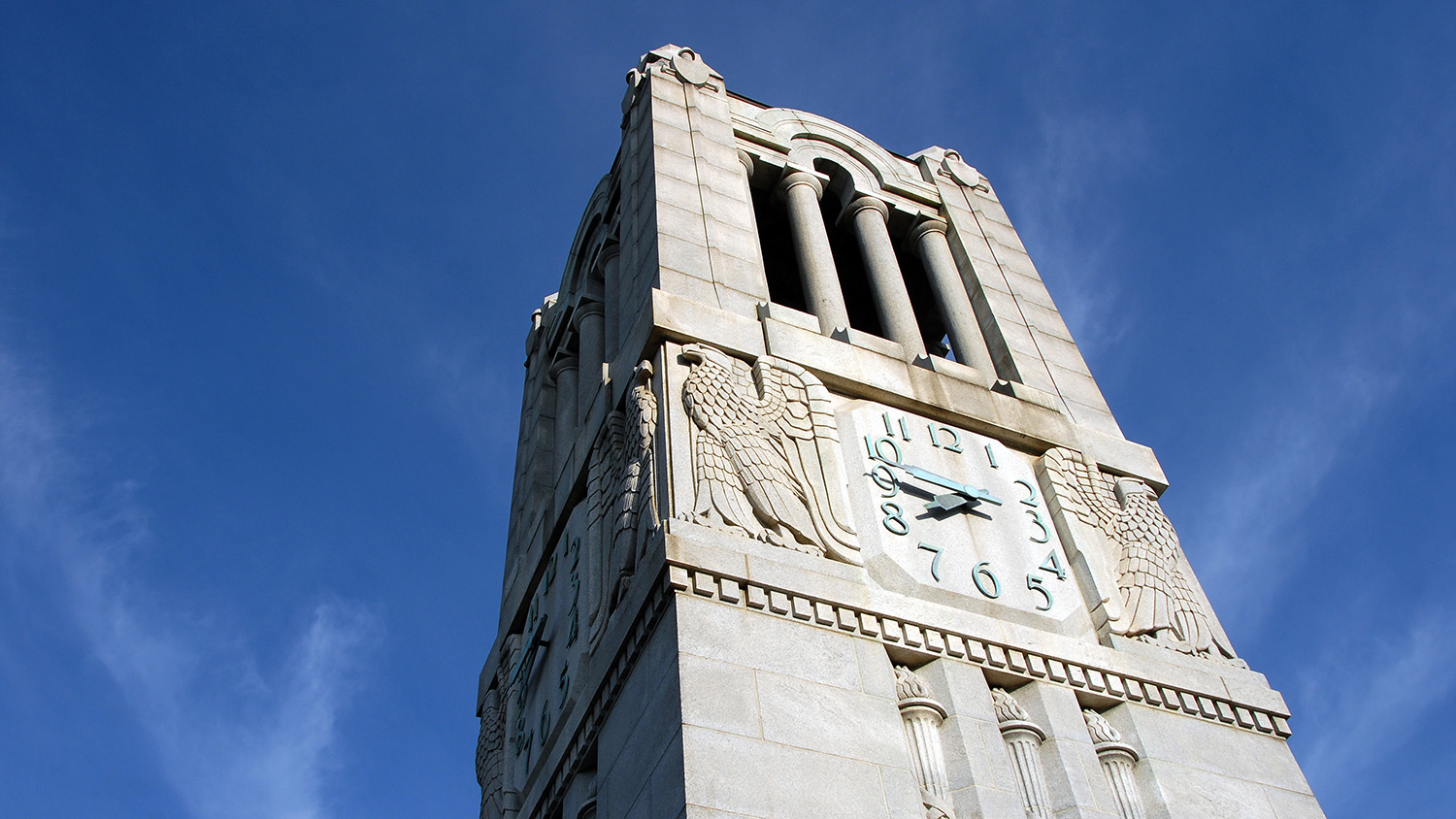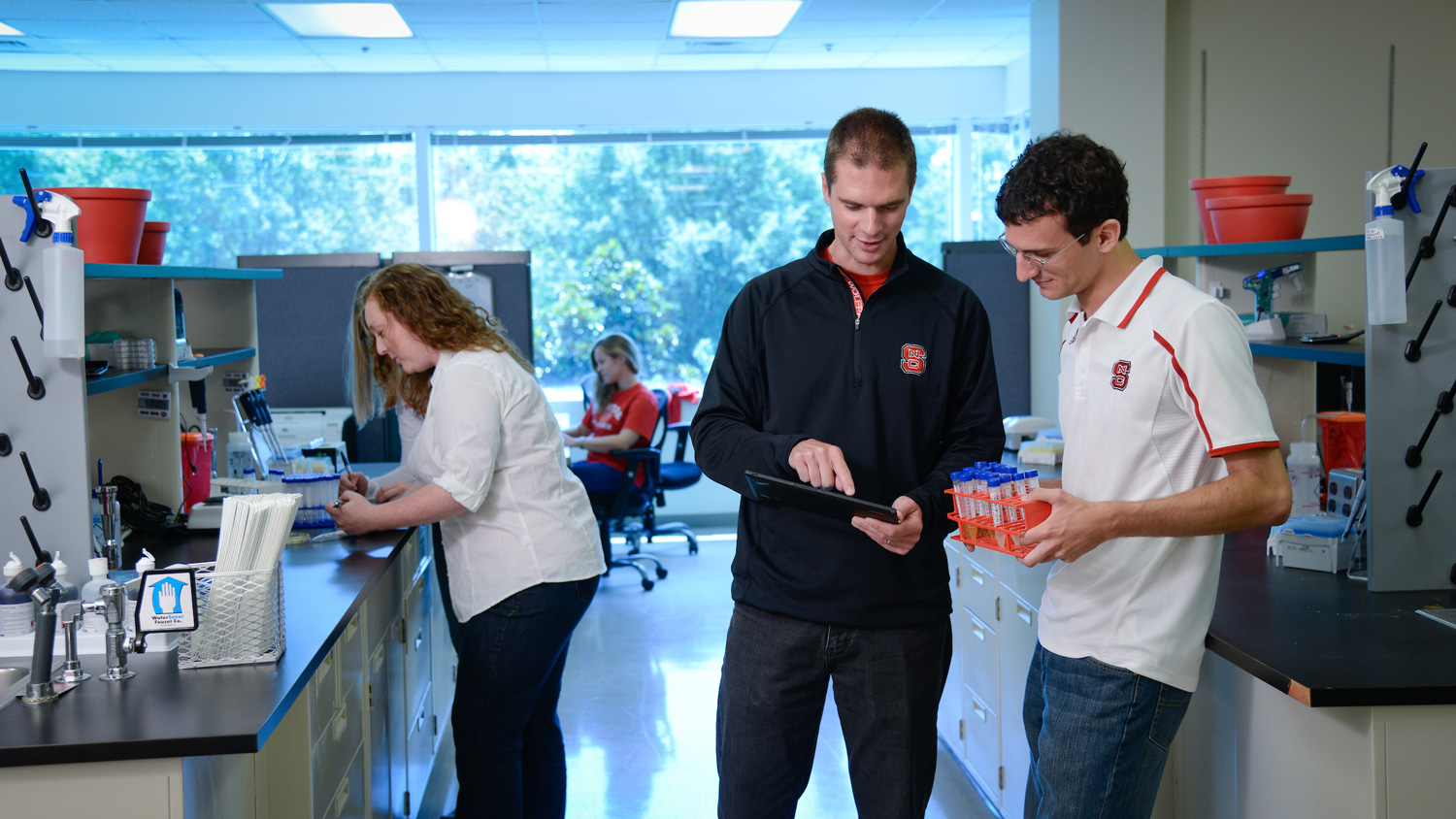
Microbiomes and Complex Microbial Communities
Our faculty analyze and engineer microbial communities to positively impact crop plants, farm animals, insect pests and the environment.
About
Cluster Type
Cluster Coordinator
Casey Theriot (Population Health and Pathobiology)
Cluster Colleges
Our cluster will develop the next generation of tools and capabilities to probe the molecular mechanisms underlying community interactions. We will manage, analyze, interpret and model the enormous amounts of data generated by microbiome studies and begin assembling synthetic communities. We will focus on microbial communities associated with crop plants, farm animals, insects and the environment. This focus builds upon NC State’s existing strengths in agriculture and biotechnology and will establish a research nexus in this field.
Note: Microbiomes and Complex Microbial Communities maintains a listerv that anyone at NC State can join. To join the listserv and keep up with the latest information on microbiomes research, teaching and other relevant updates, email Manuel Kleiner at mkleine@ncsu.edu.
Seminar Series
The Microbiome Monthly Meetup (M^3) seminar series runs both in the fall and spring semesters.
Social and Scholarly Media
- Follow us on Twitter by using the hashtag
#NCStateMicrobiome. - For an overview of publications from the microbiomes cluster check out our joint Google Scholar profile.
Impact
We will support NC State’s growth as an internationally recognized, multidisciplinary center of excellence in the analysis and engineering of plant, animal and insect microbiomes, as well as the complex microbial communities in soil and water environments. In turn, we aim to tackle myriad societal challenges in energy, sustainability, food security and health that trace back to microbial communities.
History
Life on Earth is sustained by microbial communities composed of bacteria, archaea, viruses, fungi, algae and protists. These communities inhabit everywhere from the bottom of the ocean to the digestive tracts of insects. Those inhabiting higher organisms have been directly linked to plant growth and productivity, animal health and nutrition, and insect development. Other free-living complex microbial communities are the basis for applied microbial processes such as wastewater treatment, fermentation, bioremediation and biofuel production. NC State maintains the institutional capabilities needed to effectively study microbiomes and other complex microbial communities, including genome and metagenome sequencing, proteomics, bioinformatics, research greenhouses and germ-free animal facilities. Faculty also address the roles of microorganisms in a variety of environmental settings. The university will establish a core group of faculty who can integrate existing tools and resources and focus on characterizing, modeling and engineering microbiomes and complex microbial communities. Our work will bridge the gap between research and application.
Teaching
- Dr. Manuel Kleiner teaches a course on Microbial Symbiosis and Microbiomes (MB 479 / MB 579) every Fall semester. The course features guest lectures from several of the microbiomes cluster members. Learn more about the course.
- Dr. Christine Hawkes teaches a course on Microbiome Analysis in the spring semester (currently special topic MB 590).
- Dr. Callahan teaches the course Data Science for Genetics and Genomics (GN 820 002) every Spring semester. This course is part of the Genetics and Genomics Scholars program. Learn more about the course. More information on the course:
